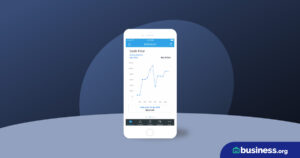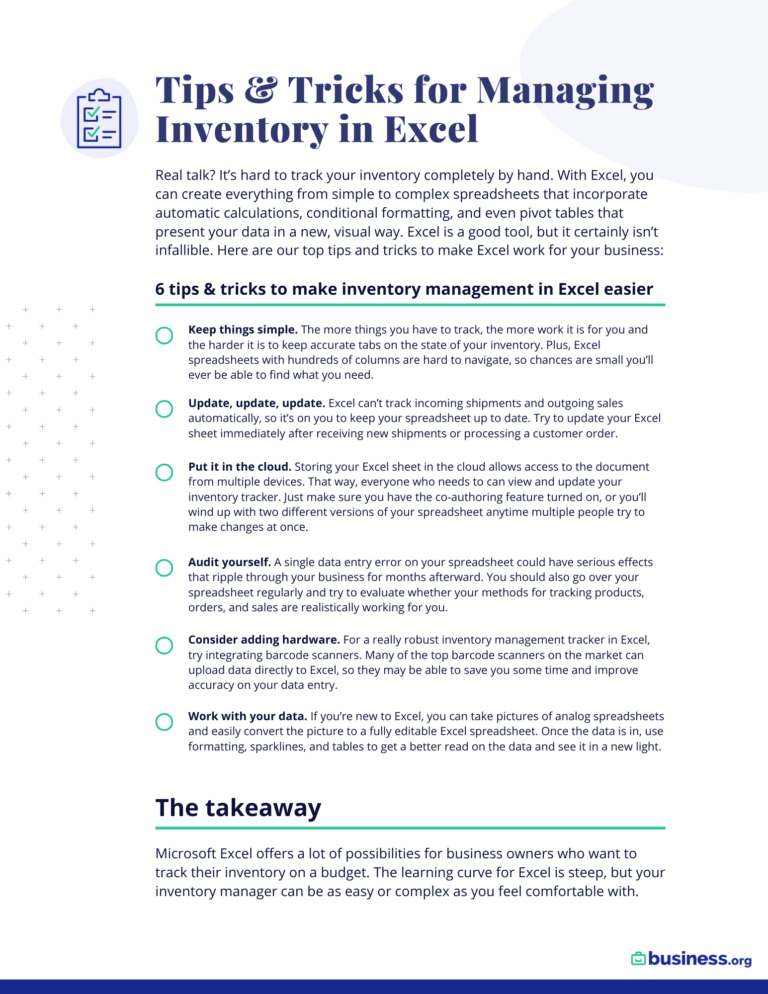💸 See if your business qualifies for a tax credit worth up to $26k per employee. 📞 Call Now: 855-979-9597
What Is Cash Accounting?
We are committed to sharing unbiased reviews. Some of the links on our site are from our partners who compensate us. Read our editorial guidelines and advertising disclosure.
As a small-business owner, finding the best system of accounting can seem a little tricky at first. Whether you’re working with a CPA, using an accounting software, or just keeping the books yourself, tax law requires you to choose one method of accounting and to stick to it for the fiscal year.
For a lot of small businesses—especially those just starting out—cash accounting is the simplest way to keep track of finances. But what exactly defines cash accounting? And what are the alternatives? Let’s take a look at cash accounting, the pros and cons of this method, and whether or not it’s right for your business.
Table of contents
What is cash accounting?
Cash basis accounting is a method of bookkeeping by recording expenses and income only as money leaves and enters your bank account. It’s a pretty straightforward method many people use to deal with their personal finances in day-to-day life. When money comes in, you consider it income. When money leaves your account, you consider it gone.
You can use an accounting software to record your cash accounting, hire a CPA, or simply keep track of everything yourself. Many small-business owners who are just getting started might opt to use a simple spreadsheet or journal. Whatever you use, make sure you’re keeping detailed records. Good recordkeeping will help you file taxes accurately and keep a holistic view of your finances.
Cash and cash equivalents
When we talk about “cash” accounting, we don’t mean you can only use this system if you’re exchanging physical paper bills and coins. Cash accounting includes checks, virtual deposits, bank notes . . . pretty much any form of payment/current assets, as long as it is reflected as positive income in your statements at the time of receival.
Example of cash accounting
Let’s say, in August, you purchase $200 worth of supplies for your jewelry business with your credit card, but you don’t pay off the credit card until September. This would be recorded as a $200 expense in September, because that’s when the money actually left your account.
In September, you also receive a bulk order for earrings that will cost $150, but you don’t receive payment until October. This would be recorded as $150 in income for October, because that’s when the money entered your bank account.
Seems like a no-brainer, right? Cash comes in—record it. Cash leaves—record it. However, when it comes to running a small business, this system of accounting may only be able to take you so far.
By signing up I agree to the Terms of Use and Privacy Policy.
What kind of businesses use cash accounting?
Because of the simplicity of this method, cash basis accounting is typically only used by small businesses and sole proprietors. The more complex your business is, the less sense it makes to use cash accounting. Cash accounting doesn’t use accounts payable or accounts receivable, which can create confusion when dealing with a higher volume of business.
Additionally, not all businesses can use the cash accounting system. For some, it would be against the law and not sanctioned by the U.S. Securities and Exchange Commission (SEC).
The GAAP
Businesses that make over $25 million per year must be compliant with generally accepted accounting principles, or the GAAP. These principles are a set of standards outlined for corporate accounting. If there’s any possibility that your company could gross more than $25 million in a year, you should use accrual basis accounting instead of cash accounting.
What is accrual accounting?
Accrual basis accounting records income when it is earned and expenses when they’re billed. Accrual accounting is the alternative to cash accounting, and the industry standard. It’s also the most common form of accounting among businesses because it paints a more accurate picture of a business’s fiscal growth and overall financial health.
This method of accounting can be pretty complex—especially as your business grows. To make life easier, we recommend hiring a CPA and using an accounting software.
Example of accrual accounting
Let’s take the same jewelry business example from above but apply it to accrual accounting. If you purchase $200 worth of supplies in August on a credit card but don’t pay it off until September, you would still record an expense of $200 in August.
In September, when you receive the bulk order for $150 of earrings, you record that income as earned in September—even though it won’t come through until October.
With this system of accounting, you use accounts payable and accounts receivable to reflect income and expenses. You will likely need to make adjusting entries as well.

With plans starting at $15 a month, FreshBooks is well-suited for freelancers, solopreneurs, and small-business owners alike.
- Track time and expenses
- Create custom invoices
- Accept online payments
The takeaway
Cash accounting is a simplistic method of tracking your business’s income and expenses. It records cash flow only when money enters or leaves the business and doesn’t involve any record keeping for accounts payable or receivable. If you run a very small business, cash accounting may be right for you. More complex businesses and any business that makes over $25 million per year should use the industry standard accrual basis of accounting.
Want to learn more about accounting principles for small businesses? Check out What Are Generally Accepted Accounting Principles? on Business.org.
Related reading
Cash accounting FAQ
What do you mean by cash accounting?
Cash accounting is a method of tracking business financial transactions in which you record income and expenses in real time.
What is the difference between cash accounting and accrual accounting?
Cash accounting records income and expenses only as money changes hands or enters and leaves your bank account. Accrual accounting records income and expenses when money is earned and spent, regardless of whether or not it has physically changed hands.
What are examples of cash accounts?
Cash accounts include checking accounts, payroll accounts, and petty cash accounts. Any account that reflects current assets can be considered a cash account.
What type of accounting is cash accounting?
Small businesses and sole proprietors (who make less than $25 million annually) may choose to use the cash accounting method to track income and expenses as they occur, rather than using accounts payable and receivable in an accrual basis method.
Disclaimer
At Business.org, our research is meant to offer general product and service recommendations. We don't guarantee that our suggestions will work best for each individual or business, so consider your unique needs when choosing products and services.





